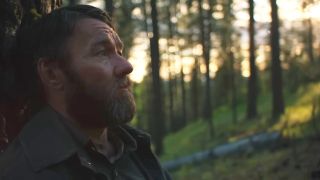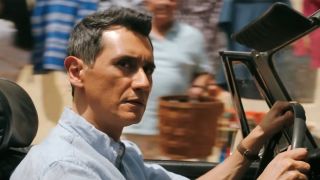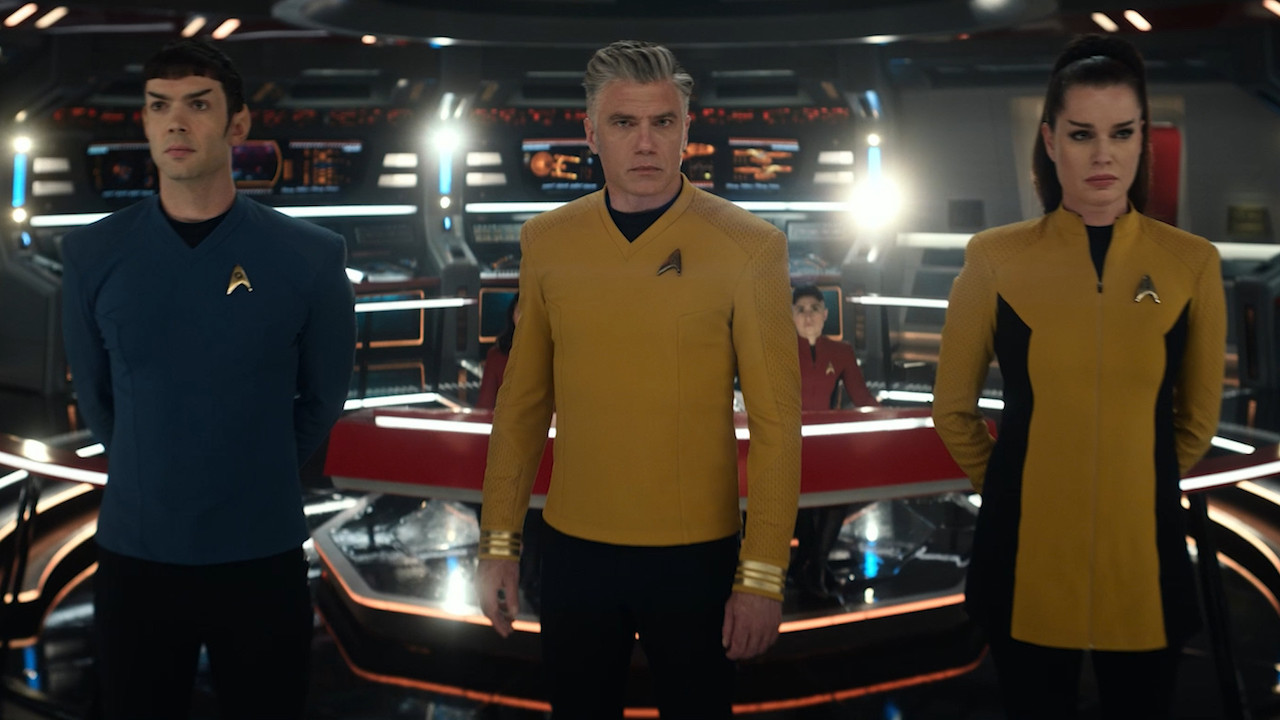Interviews
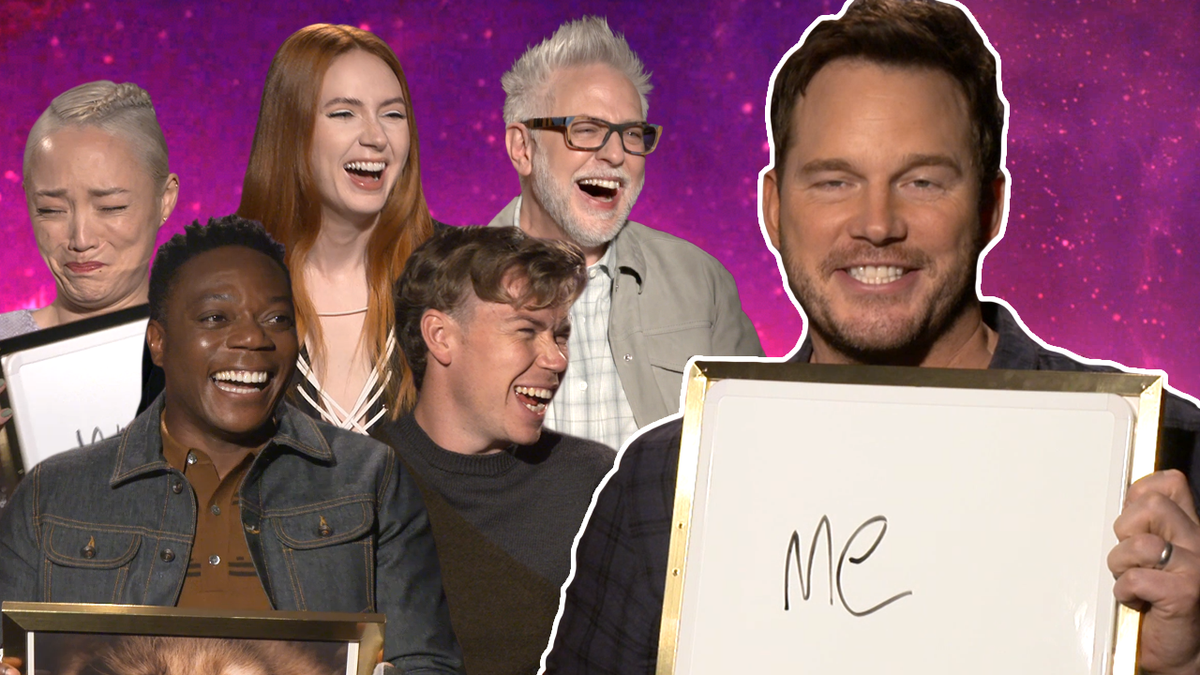
CinemaBlend frequently sits down with the talent who are responsible for the movies, television shows, streaming features, and pop-culture moments that you want to be reading more about. From Tom Hanks to the cast of Avatar, from the latest contestant on The Masked Singer to the cast of Yellowstone, CinemaBlend ample time for exclusive conversations with Hollywood's biggest stars.
And CinemaBlend prides itself on asking talent the questions that they aren't hearing from every other outlet, leading to passionate answers that are meant to educate and entertain you, our readers. If they are important in Hollywood, they are speaking with CinemaBlend.
Latest about Interviews
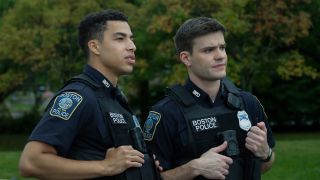
Boston Blue Bosses Hype Characters Putting 'Faith In The System' In The Fall Finale, But Revenge May Be The 'Answer' Anyway
By Laura Hurley published
Exclusives Jonah may be in over his head on Boston Blue.
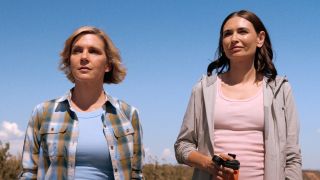
Pluribus' Rhea Seehorn Gave Me Her Take On Carol And Zosia's Surprising Turns In Episode 8, And Now I Feel Guilty
By Nick Venable published
Exclusives Who else thought Carol was playing Zosia and the Others?

The Housemaid's Intimacy Coordinator Had A Great Take On Why Filming 'Sex' Is Like 'Stunt Scenes'
By Corey Chichizola published
Exclusives The Housemaid has plenty of steamy scenes for Sydney Sweeney.

Avatar: Fire And Ash Has A Big Death Scene, But One Actor Isn’t Sure It’s Final
By Sarah El-Mahmoud published
Exclusives Is it really the end for this character?
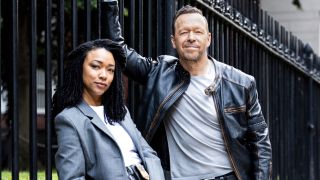
Boston Blue Showrunners Open Up About The Early Season 2 Renewal And Having A 'High Bar To Clear' As Blue Bloods Successor
By Laura Hurley published
Exclusives Boston Blue is already a hit.
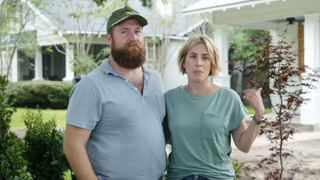
Ben And Erin Napier Have A New Home Town Spinoff Coming, But I Was Shocked To Hear Why Other Celebs Will Be Hosting It
By Adrienne Jones published
Exclusives REALLY?!
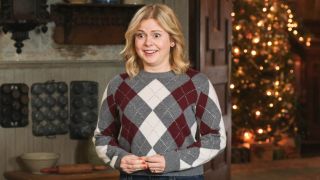
‘She Always Nails It’: A Ghosts Cast Member Told Me How Rose McIver Prepares For The Annual Holiday Possession Episode
By Riley Utley published
Every single time, she kills it.
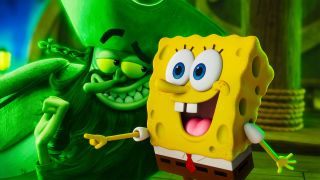
SpongeBob Voice Actor Tom Kenny Shares One Thing About The Show Grown-Up Fans Tell Him They Have ‘Nightmares’ Over
By Sarah El-Mahmoud published
Exclusives The voice of SpongeBob shares hilarious thing fans have approached him about.
Your Daily Blend of Entertainment News
